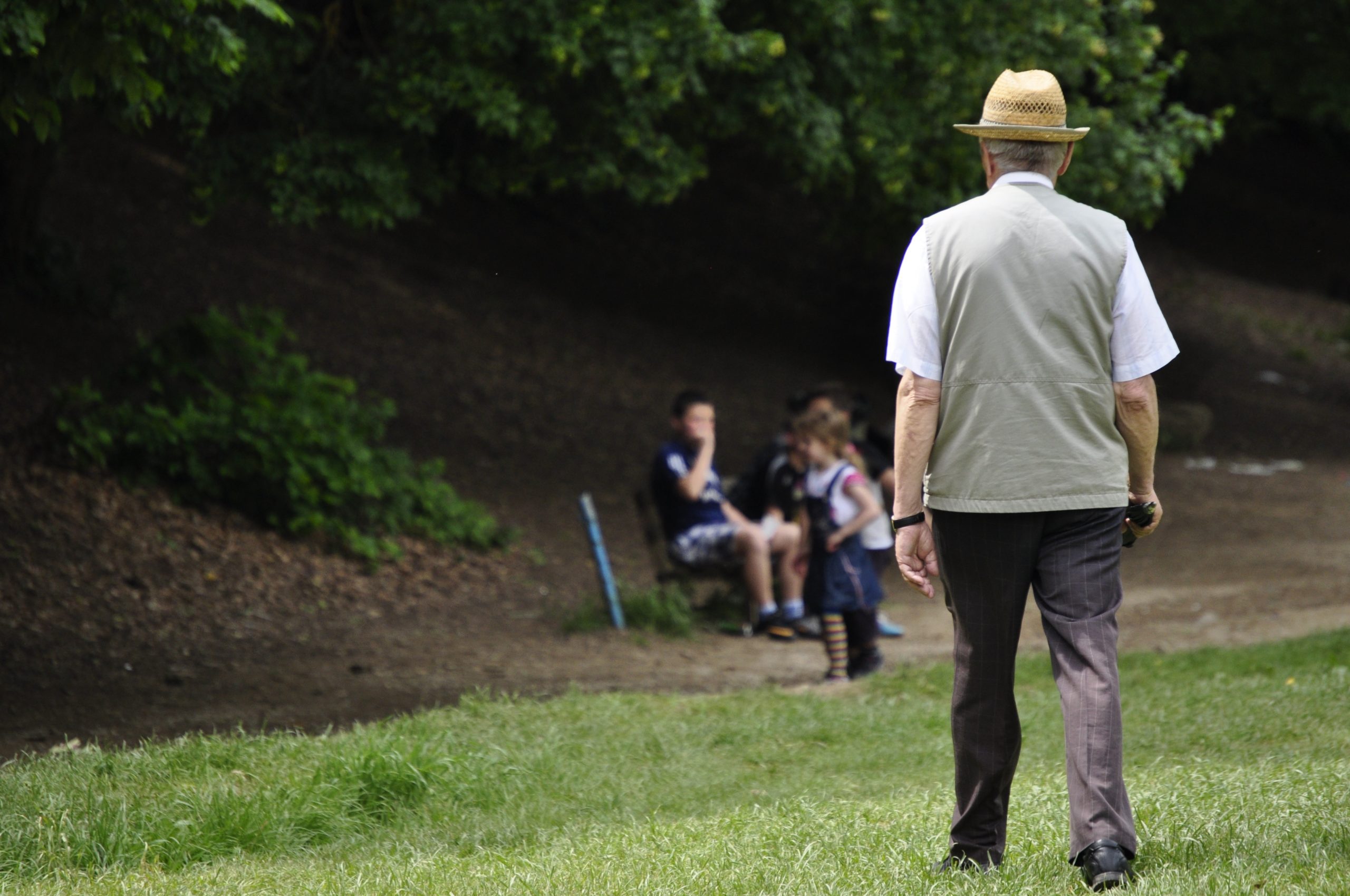
Noham Wolpe is lead author of a study on how the brain's motor system compensates for its sensory ability in old age.
This mechanism can shed new light on some of the motor and cognitive changes typically observed with ageing. For example, the stronger reliance on prior experience could hamper the adaptation of movements in a new environment.
Noham Wolpe
How does the brain’s motor system compensate for the decline in our ability to sense the world around us as we get older?
According to new research led by a Gates Cambridge Scholar Noham Wolpe, it does so by relying more strongly on prediction from prior experience.
The study on which Wolpe is lead author, is published in Nature Communications. It shows that this compensatory mechanism of the motor system depends on age-related differences in grey matter integrity and functional connectivity strength in a key brain network for movement.
It is well known that control of voluntary movement – from reaching and grasping, to gait and balance – changes significantly with age. A critical factor in our ability to control our movement and, for instance, prevent ourselves from falling, is how we combine sensory information from the world outside us, with our prediction of the consequences of certain actions based on prior experience. The researchers show that the brain compensates for a reduction in its ability to sense external information, particularly where there is a lot of sensory information to process, by increasing its predictive capacity. This mechanism is associated with changes in the structure and functional connectivity of a particular area of the brain – the pre-supplementary motor area – and its brain network, which was seen using MRI scans.
Noham [2010], who is currently completing his medical training, says: "This mechanism can shed new light on some of the motor and cognitive changes typically observed with ageing. For example, the stronger reliance on prior experience could hamper the adaptation of movements in a new environment.”
He adds that “importantly, the mechanism may contribute not only to our understanding of healthy ageing, but can also help to identify elderly people who are at increased risk of developing problems with movement, such as falls".
The study is based on Noham's research after his PhD in Clinical Neurosciences at the University of Cambridge.
*Picture credit: Old man walking in the park of Germia,Prishtine c/o Wikimedia.

Noham Wolpe
- Alumni
- Israel
- 2010 PhD Clinical Neurosciences
- Wolfson College
For most of us, reaching for an object, such as an apple or a pen, is something done seamlessly without requiring much thought. However, carrying out a voluntary movement requires a stream of intricate computations in the brain for planning, initiating, and executing even a simple action. Many neurological and psychiatric disorders – and also healthy ageing – can all influence these computations. My research interests lie in understanding these changes that occur across the lifespan and in cases of disease. I use behavioural tasks that tap into principles from computational neuroscience: for example the integration of different sources of information for performing an action. I combine these tasks with brain imaging methods, such as functional magnetic resonance imaging, which allows me to examine the activity and connectivity of brain networks. My ongoing research following my PhD at Cambridge looks at the effect of age on the brain's motor system. Ageing is typically associated with increased variability in performance across individuals. My research endeavour, therefore, is to find the markers that not only predict healthy ageing, but also those that identify the brain changes that put people at risk to their well-being. Alongside research, I work in clinical psychiatry at Cambridge and Peterborough NHS Foundation Trust.
Links
http://www.neuroscience.cam.ac.uk/directory/profile.php?nw305
https://psyact.org
https://www.linkedin.com/in/noham-wolpe-51577472












